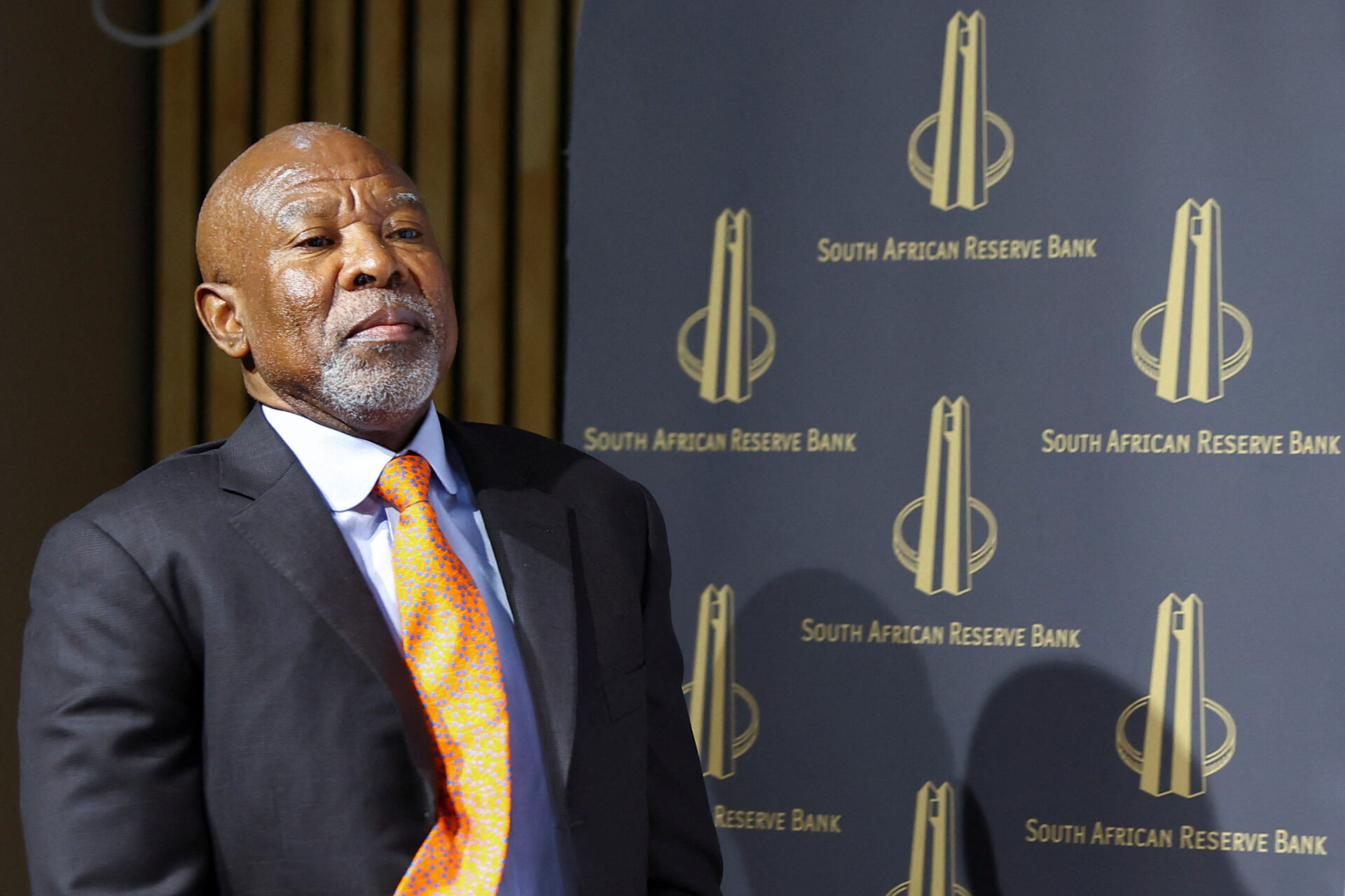By Anait Miridzhanian, Bhargav Acharya and Kopano Gumbi
PRETORIA (Reuters) – South Africa’s central bank raised its main interest rate on Thursday to a 14-year high, a move Governor Lesetja Kganyago described as “bitter medicine” needed to tame inflation.
The bank lifted rates by 50 basis points to 8.25% as it raised its inflation forecasts for this year and next and said risks were to the upside.
The decision was unanimously agreed by Monetary Policy Committee members and followed a 50 bps hike at the South African Reserve Bank’s (SARB) last policy meeting in March.
READ MORE: Tough times ahead for consumers with an increase in repo rate
The SARB has now raised rates at 10 meetings in a row, adding a total of 475 bps to the repo rate since it began tightening policy in November 2021.
The bank said in a statement that the policy rate was now in “restrictive” territory. Previously the bank had said its policy was accommodative or supporting the economy.
Kganyago told a news conference that “the economy is suffering from inflation.”
“The medication might be bitter, but if the patient does not take the medication they will end up in surgery and in intensive care,” he said.
The rate increase was larger than the 25 bps increase expected by the majority of economists in a Reuters poll published last week, but it was broadly in line with market pricing.
READ MORE: Rand plunges to seven-week low
The rand hit a new all-time low against the dollar, down around 2% on the day, after the decision was announced, with one analyst saying some traders had bet on a larger 75 bps hike.
The central bank of Africa’s most industrialised economy is trying to bring inflation back within its target range of 3% to 6%.
Inflation fell more than expected to 6.8% year on year in April from 7.1% in March, data showed on Wednesday.
READ MORE: South Africans face more interest rate hike pain as inflation sticks
But the bank’s updated forecasts released on Thursday showed that the SARB now expects 2023 inflation to average 6.2%, up from 6.0% previously.
“With core goods and food higher in the near term, headline inflation for 2023 is revised up,” the SARB said in a statement.
“Given upside inflation risks, larger domestic and external financing needs, and load-shedding, further currency weakness appears likely.”
The bank now predicts that inflation will only sustainably revert to the mid-point of the target range by the second quarter of 2025, versus the fourth quarter of 2024 at its March meeting.


